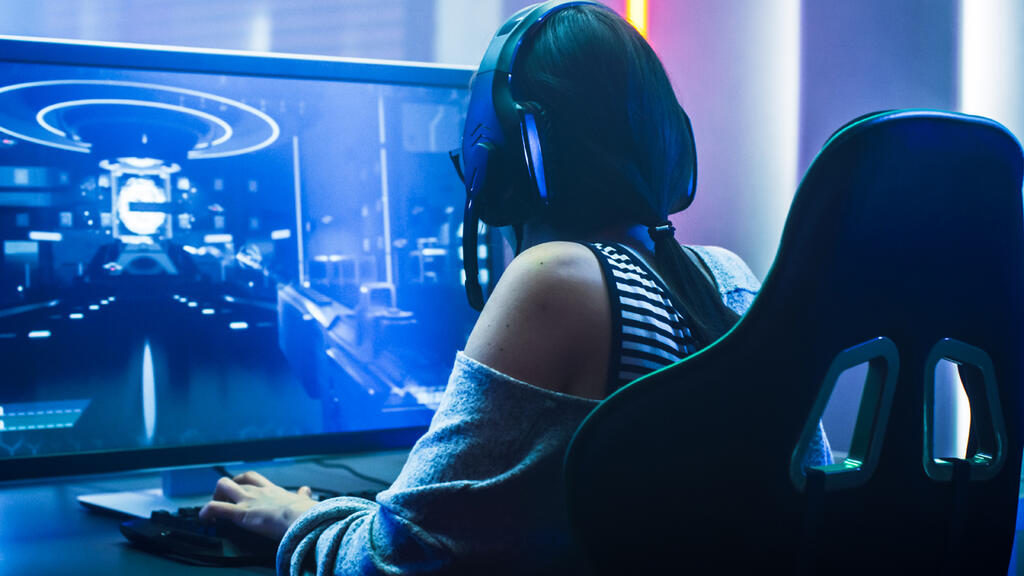
Opinion
The legal implications of esports' ever-growing popularity
"While many might dismiss esports as limited to Cheetos eating, Mountain Dew swirling, sweats wearing denizens of moms’ basements worldwide, there are clearly many complicated legal concerns associated with this rapidly expanding multi-billion dollar sector," writes Dov Greenbaum
Esports or organized online gaming has been around for a half century with the first known event, the Intergalactic Spacewar Olympics taking place at the Stanford University Artificial Intelligence lab in October 1972. Since then, games have become orders of magnitude more complex and challenging.
Today, esports is a multi-billion USD professional endeavor with half a billion fans tuning in to watch on sites like YouTube or Twitch. The name esports itself is controversial with opponents arguing that video game play lacks any connection to physical fitness and is simply a competition. Proponents point to the intense training and focus necessary to excel as evidence of its right to be called a sport. And like other sports, a number of esports leagues have taken a stand on the current situation in Ukraine, with many banning players from Russia. This communal aspect of esports is actually counterintuitive, but it is especially valuable in providing social platforms for many introverts and others who are naturally drawn to esports and online gaming.
Another growing relevant legal issue that connects the world of sports and esports is gambling. In May 2018, the U.S. Supreme Court found the Professional and Amateur Sports Protection Act (PASPA) to be unconstitutional as commandeering states’ rights to draft their own laws. For the fifteen years that the law was in force, sports betting --outside of the grandfathered states Nevada, Delaware, Oregon and Montana-- was effectively illegal or at least severely curtailed. In Murphy vs. NCAA the court finally allowed each state to decide on their own whether or not to legalize sports betting. As a result many U.S. states have rushed to legalize sports betting with the hope of accessing a huge new source of tax revenue.
Concomitant with this new expansion in many U.S. states in the area of sports betting, there is also a push to legalize esports betting online. Most recently, last month, West Virginia’s House Bill 4826 was introduced to do just this. Similarly, in Europe, countries like the UK, Malta, Spain, Italy and Denmark have all created regulations to allow for the legalized gambling on esports. In Canada, where sports betting has been recently expanded, while there are reportedly no legal esports betting operations, the law allows for Canadians to bet on offshore regulated sites.
There are a number of significant differences between sports and esports. For example, sports leagues have powerful protective players unions to protect their players from the whims of the team owners. In contrast, it was recently reported that players, many underaged, are treated especially poorly, with predatory contracts with onerous terms, including the ability to trade players from one team to another to even foreign countries, all without their consent. Standard sports leagues have long moved past these types of exploitative contracts, there has been little effort for esports to establish the necessary internal rules to do the same.
In addition to these contract concerns, there are also intellectual property issues in the area of esports, for example the nature of games that are created in part by artificial intelligence, including, prominently the non-player characters (NPCs), that are increasingly animated by artificial intelligence engines. AIs have yet to be legally acknowelged as copyright authors. Without authors associated with aspects of their games, software companies risk the possibility of parts of their games becoming unprotected by copyright laws and becoming part of the public domain for everyone to both enjoy, but also exploit.
But more than those obvious intellectual property concerns that relate to all advanced video games, esports raises particular concerns in the increasingly popular recording of online gameplay. Unlike standard sports that are played on open fields, esports are played on other people’s intellectual property – i.e., their software. As such, leagues, players and teams need to request permission from the software owners to record and promote their gameplay on platforms like Twitch or YouTube. Without that permission, they risk lawsuits for copyright infringement.
While these software owners have recognized the value in this recorded gameplay thus far and have mostly refrained from suing for copyright infringement, there have been some isolated threats and even cases for copyright infringement.
While many might dismiss esports as limited to Cheetos eating, Mountain Dew swirling, sweats wearing denizens of moms’ basements worldwide, there are clearly many complicated legal concerns associated with this rapidly expanding multi-billion dollar sector.
The Masters degree in Law, Technology and Business Innovation at Reichman University will be hosting on Monday, March 14 a conference on these and other legal issues in the gaming world.
Prof. Dov Greenbaum is the director of the Zvi Meitar Institute for Legal Implications of Emerging Technologies at the Harry Radzyner Law School, at Reichman University.














